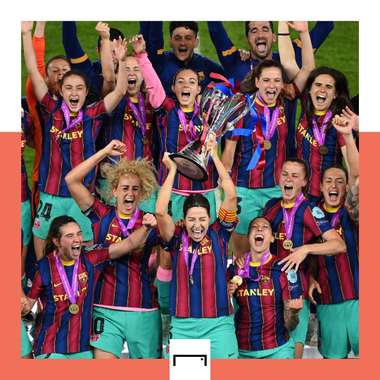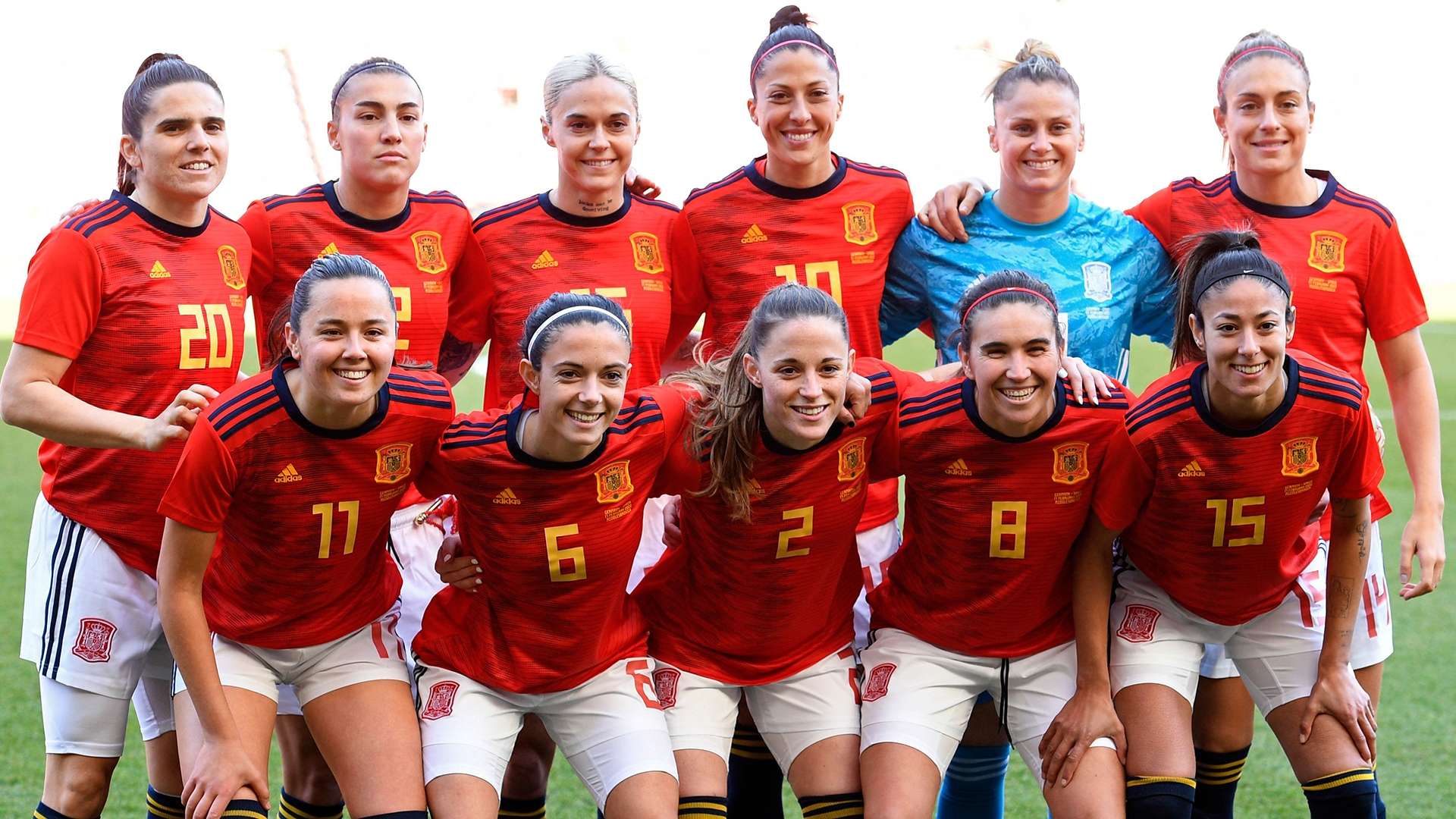In some ways, it’s understandable that many are making Jorge Vilda’s Spain the favourites for this year’s UEFA Women’s Euro.
La Roja have not won either of their two games in the Arnold Clark Cup this month, but ahead of their final fixture with Canada, opposing head coach Bev Priestman joined a long list of people to dub them the outright front-runner for this summer’s competition.
“I think they're a team that are brilliant on the ball and it asks questions of you defensively,” she said.
“You have to be really disciplined defensively to be able to cope with them and how much they move the ball. You have to do a lot of work. They've got top, top players.”
A huge chunk of this Spain team plays for Barcelona, the reigning European champions who showed themselves to be streets ahead of the rest of the continent last season – something they’ve carried into the current season, too.
Next Match
It’s easy, then, for people to look at the mass representation of Women’s Champions League winners in this side and assume they’re on the same level.
Many of the Barca stars in Spain’s squad are among the world’s best players – including Ballon d’Or winner Alexia Putellas – and the names in Vilda's squad that are not based in Catalonia are richly talented, too, such as Manchester United full-back Ona Batlle or Real Madrid striker Esther Gonzalez.
But this month’s Arnold Clark Cup has reminded a lot of people of one thing that is often forgotten: Spain are not Barcelona.

There is a different coach, a slightly different way of playing and several players that aren’t used to playing together, too.
La Roja opened this tournament with a dominant performance against a very depleted Germany, but conceded a late equaliser in a 1-1 draw.
Some may have tuned in expecting to see the free-scoring Barcelona side that has conquered Europe, and they are getting to see many of those familiar faces, but they’re in Spain colours.
It’s simply not the same – and that’s fine. It’s perfectly understandable that Spain are not yet at an all-conquering level which it took Barca 10 years to reach.
After all, this is a nation that has only recently risen to the fore in women’s football.
This is a nation that has never won a knockout game at a major tournament.
This is a nation that only qualified for its first World Cup in 2015.
This is a nation that was crippled by an allegedly toxic culture for 27 years, until head coach Ignacio Quereda was dismissed in the aftermath of their appearance in those finals.
None of this is to downplay the quality in this team. It has the potential to be the very best in the world.
It doesn’t mean Vilda is immune to criticism, either. His team has not performed at the level it is capable of in this tournament and there has been some valid fault-finding as a result.
“We have to be realistic,” Vilda said on Tuesday, asked about his thoughts on the ‘favourites’ tag.
“I wouldn't change any of my players or any of my team for any others in the world, but looking across the board, other national teams have fantastic histories and are performing at very high levels as well.
“At the moment, we're just trying to work hard, to do as well as we can, considering ourselves among the contenders – maybe a group of seven or eight teams – that are in contention to win the Euros.
“At the same time, I think it could well be the tightest Euros in recent years. Everyone's striving to do as well as they can and lots of national teams have improved and got stronger in recent years.
“We certainly don't feel like we are the favourites, but we feel like we are among the contenders.”
That feels like a fair assessment – and one that it is important for people to hear.
There’s no doubt about the quality within this Spain team and the potential they have. But to call them the favourite for a major tournament so soon? That doesn’t feel just.
Tickets to watch England, Germany, Spain and Canada play in the Arnold Clark Cup are available now. Matches are being broadcast live in the UK on ITV.


